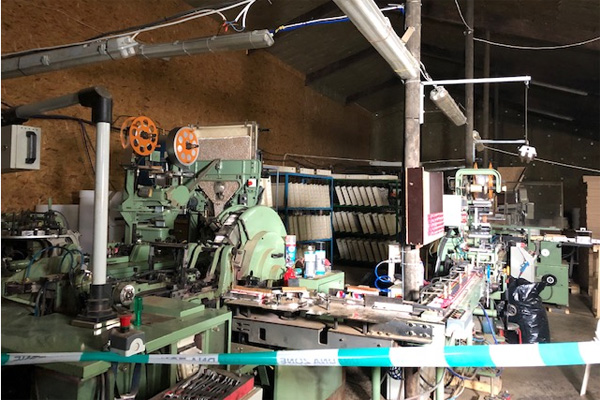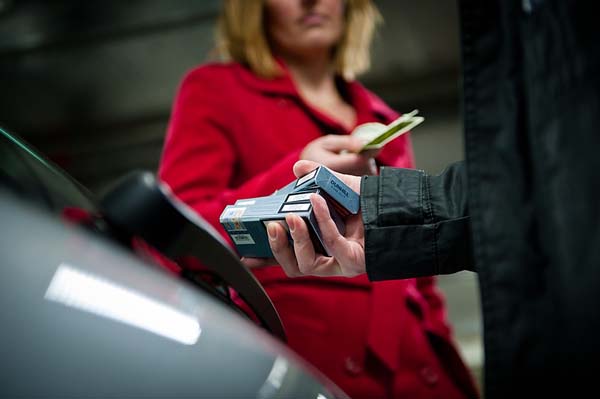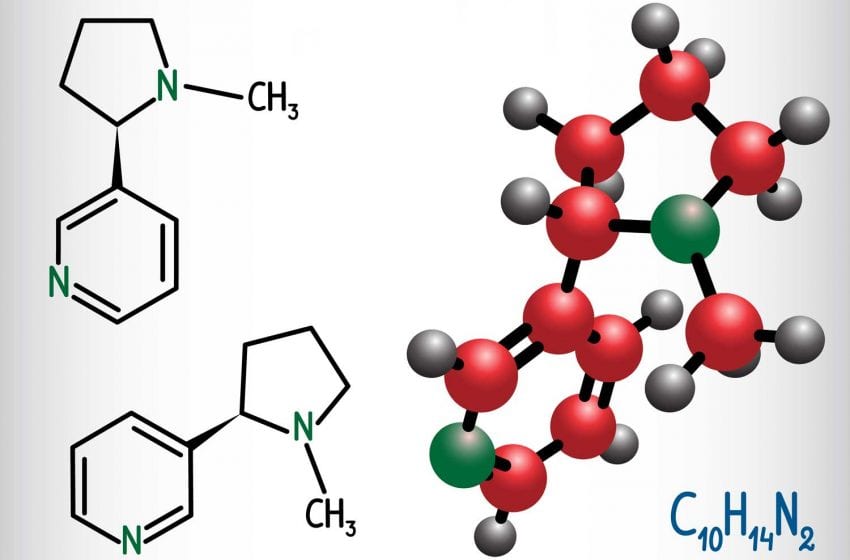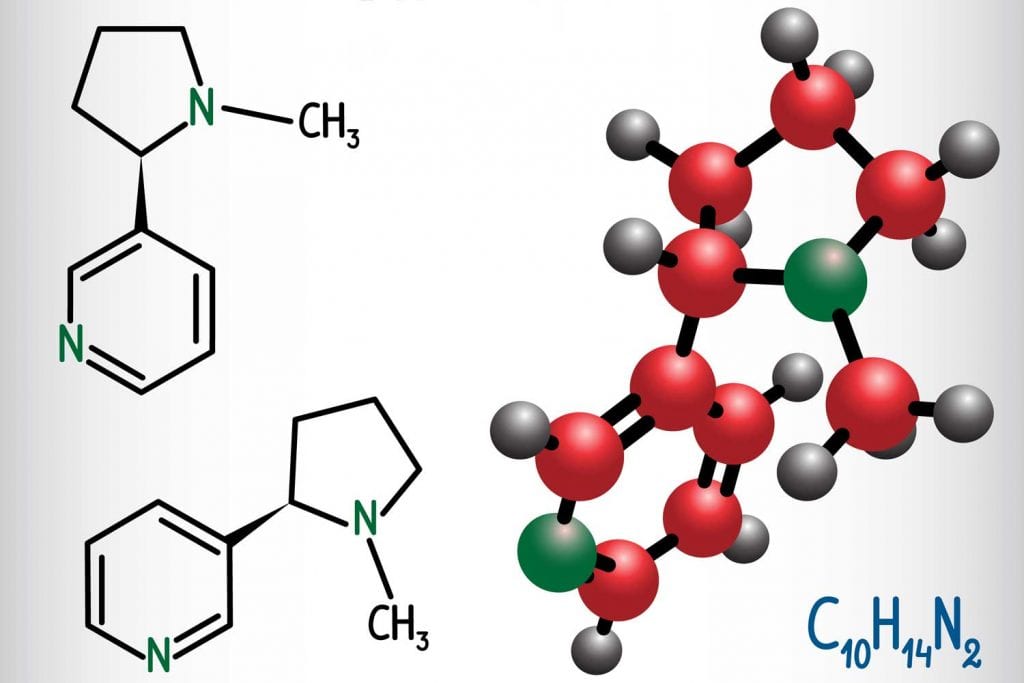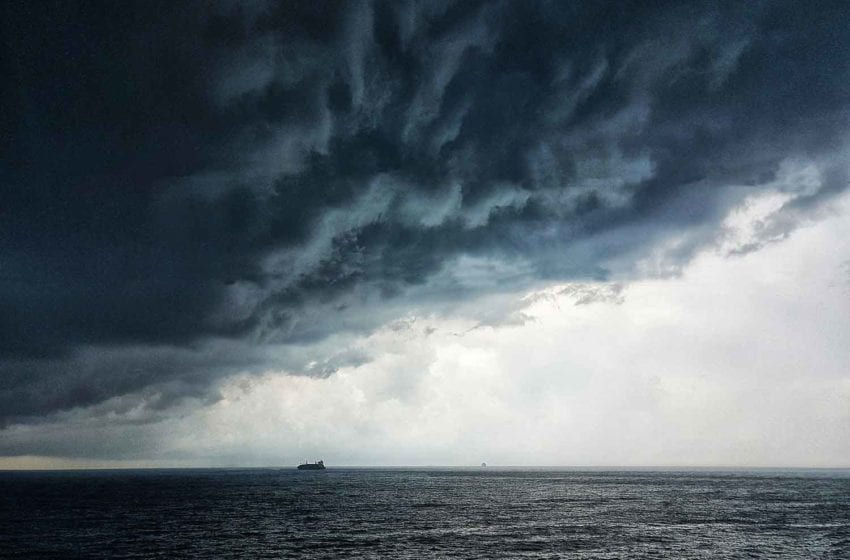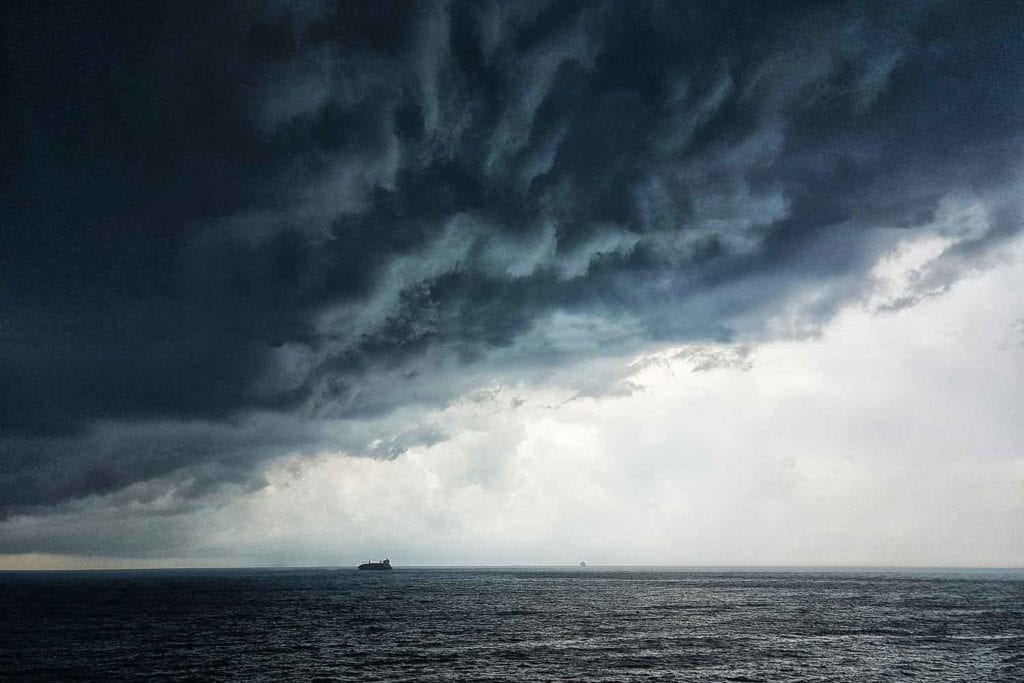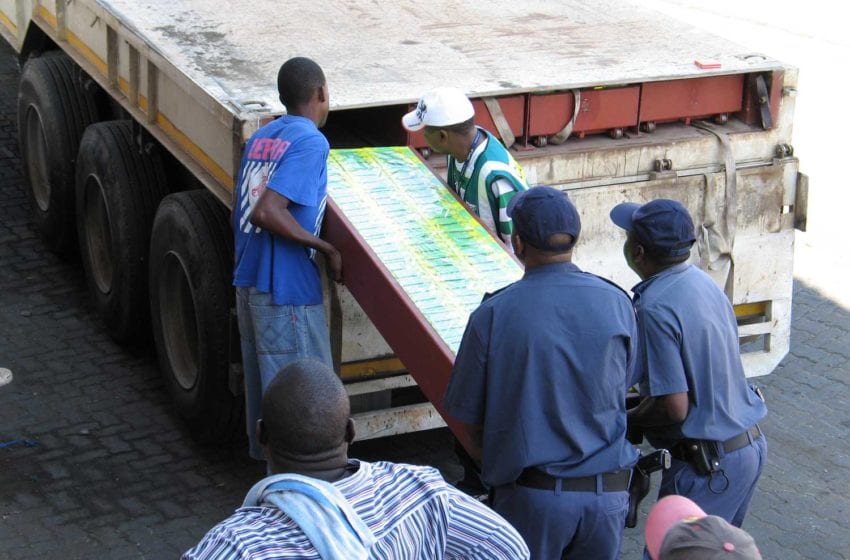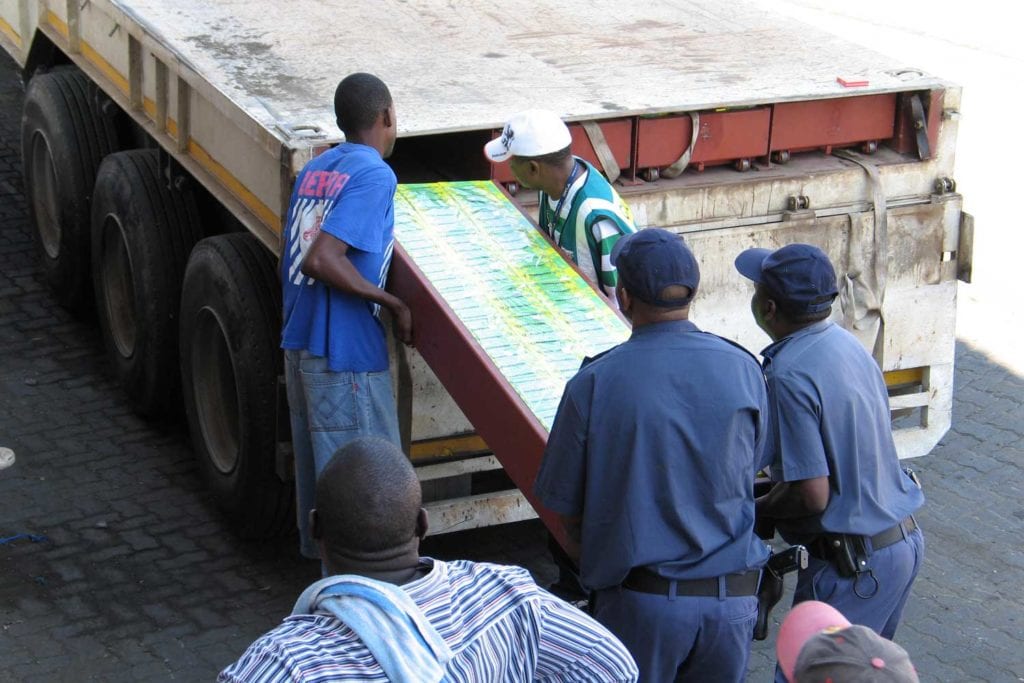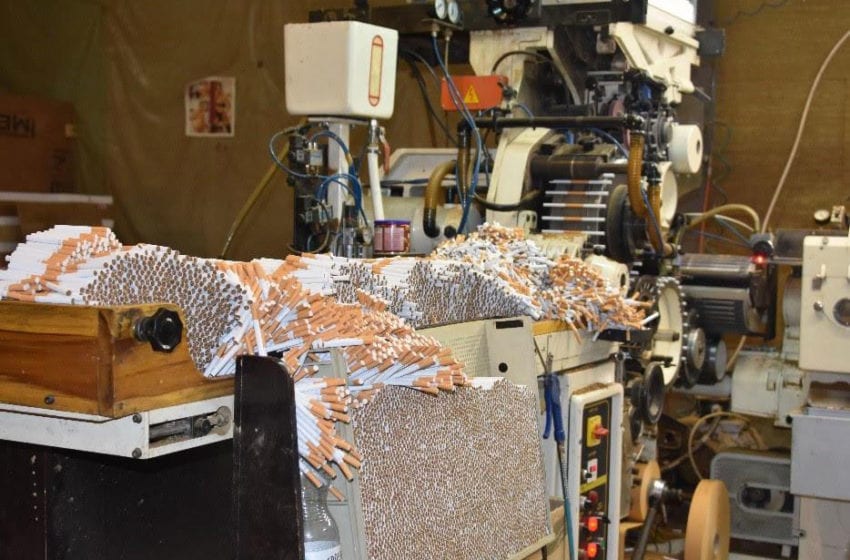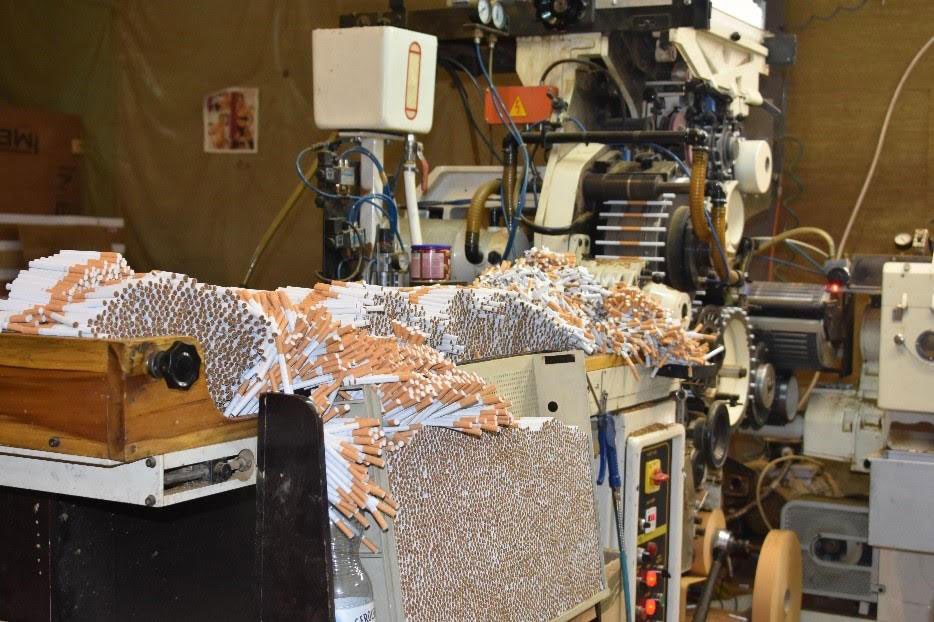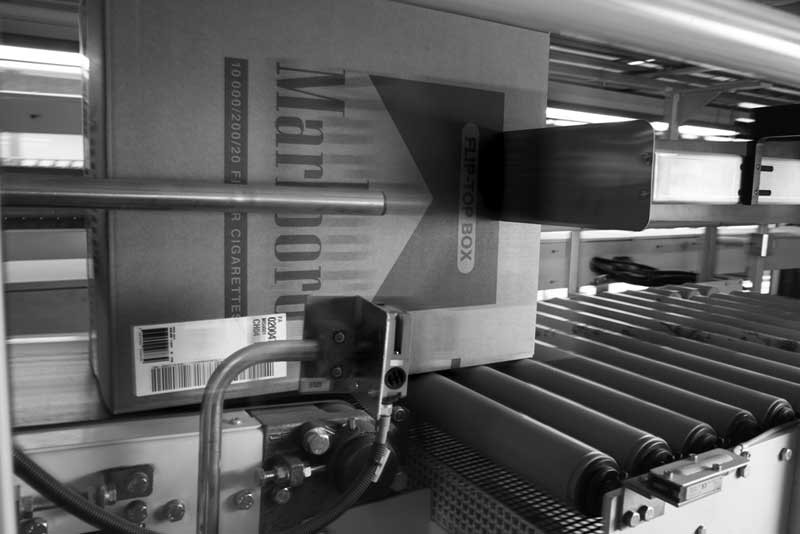
Her Majesty’s Revenue and Customs (HMRC) is testing a new U.K.-only track-and-trace system this month to prepare for the country’s full exit from the European Union (EU) on Dec. 31, 2020, reports The Grocer.
Wholesalers will not need to buy new hardware for the new system, but they will have to upgrade software to comply. Retailers selling directly to the public will not have to make any changes.
“To minimize changes for businesses, it will be possible to use existing scanning devices,” sand an HMRC spokesman. “However, businesses will need to make arrangements with their scanning equipment solution provider to connect and submit data to the new U.K. gateway.”
Wholesalers in Northern Ireland will need to submit data to both the new system and the existing EU system; some EU rules will continue to apply in Northern Ireland after the U.K. leaves the EU.

